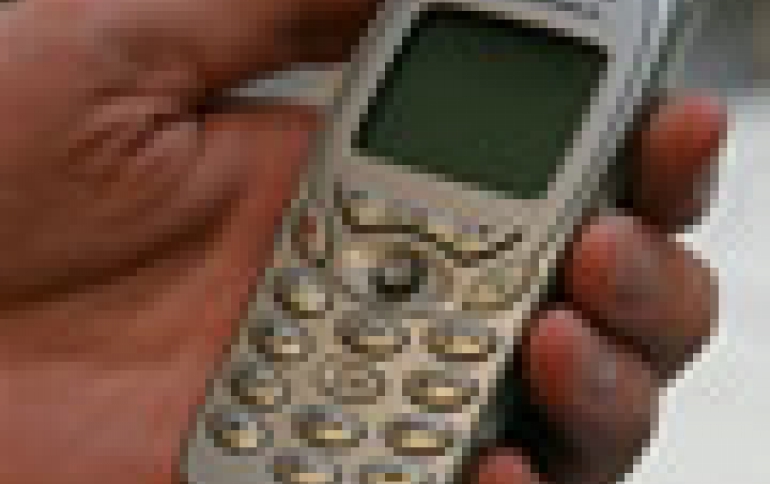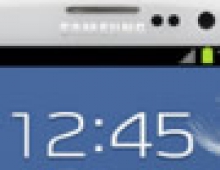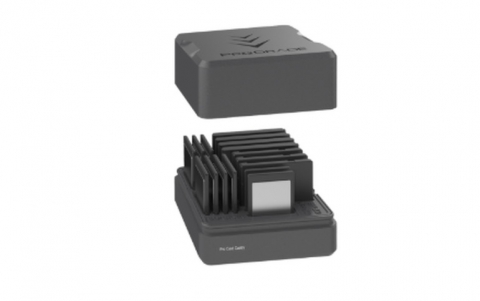
Smart Mobile Phones to Recognize Owner's Gait
Finnish researchers presented new technology designed to prevent thefts of mobile phones and laptops, using biometrics to recognize the gait of the device's owner.
A sensor-based so-called "gaitcode" embedded in the device registers and memorizes the movements of the owner in three-dimensional form, and is reliable in 90 percent of cases, the researchers said Thursday.
If it does not recognize the walk, it asks for a password. If given an incorrect password, the device automatically locks itself down.
The gaitcode can also be used in a smartcard, attache case, weapon or USB device.
"We think that if it is no longer useful for a person to steal somebody else's mobile device, the number of crimes will decrease," professor Heikki Ailisto of the VTT Technical Research Centre of Finland told a press conference.
More than 300,000 mobile phones are stolen each year in Britain and some 100,000 in both Germany and Sweden, according to statistics for recent years given by VTT.
The technology can also be connected to a voice-recognition system.
VTT spokesman Olli Ernvall said the invention was being patented on "the most important markets", but refused to disclose which company or companies were interested in its production.
If it does not recognize the walk, it asks for a password. If given an incorrect password, the device automatically locks itself down.
The gaitcode can also be used in a smartcard, attache case, weapon or USB device.
"We think that if it is no longer useful for a person to steal somebody else's mobile device, the number of crimes will decrease," professor Heikki Ailisto of the VTT Technical Research Centre of Finland told a press conference.
More than 300,000 mobile phones are stolen each year in Britain and some 100,000 in both Germany and Sweden, according to statistics for recent years given by VTT.
The technology can also be connected to a voice-recognition system.
VTT spokesman Olli Ernvall said the invention was being patented on "the most important markets", but refused to disclose which company or companies were interested in its production.



















